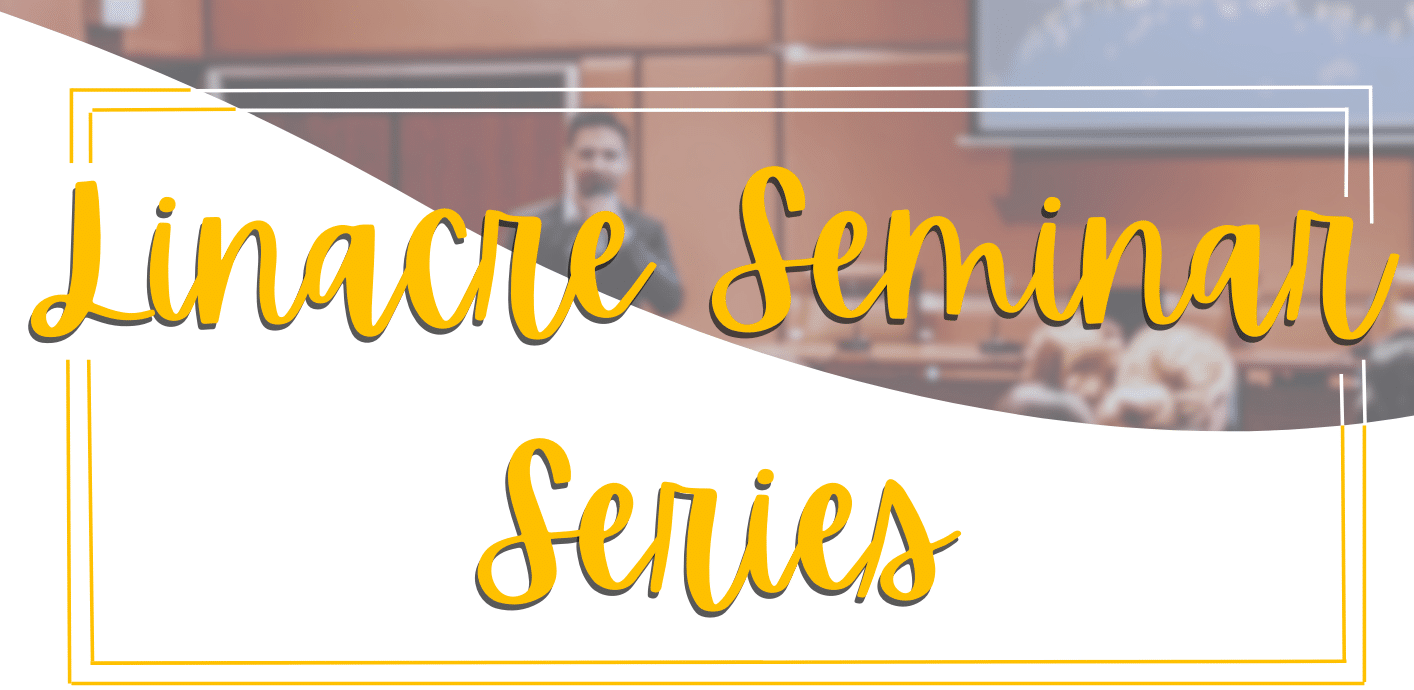Please join us for the first seminar of the Hilary Term. This week’s Speakers will be:
Chair: Tea Ghigo
Sophie Rasmussen: Hedgehogs and robotic lawn mowers.
Lorena Becerra Valdivia: The role of climatic shifts in the human settlement of South America during the late Pleistocene.
About the speakers:
Sophie, or Dr Hedgehog as she is well known within the media, has engaged in multifaceted research on hedgehogs since 2011. Sophie is managing “The Danish Hedgehog Project”, a citizen science project, where volunteers collected 697 dead hedgehogs with the purpose of using the dead hedgehogs to understand the living. She has previously investigated the ecology of suburban hedgehogs, genetics, dental health, stress, personality, behaviour and survival of rehabilitated and wild juvenile hedgehogs, endoparasites, age, eco-toxicology and MRSA/ringworm in hedgehogs. She is currently leading research on e.g. coronavirus, microbiomes and diet choice of hedgehogs, and the effects of robotic lawn mowers on hedgehogs and is engaged in several other research projects, all with the purpose of understanding why hedgehogs are declining and how to stop it.
Robotic lawn mowers are as popular as ever on mainland Europe, providing a convenient and effortless maintenance of gardens. However, some models of robotic lawn mowers pose a threat to our beloved garden visitors: the hedgehogs. The European hedgehog is declining, and it is vital that we eliminate as many of the factors causing this decline, as possible. Therefore, Sophie has teamed up with the industry to create hedgehog friendly robotic lawn mowers, hedgehog crash test dummies and standardised safety tests for hedgehogs, to ensure that future models of robotic lawn mowers will not hurt hedgehogs. This presentation will provide an overview of the research being done to secure this.
Lorena is an archaeological scientist specialising in radiocarbon dating, and holds MSc (2015) and DPhil (2020) degrees from the University of Oxford. Her research focuses on constructing high-resolution chronologies using radiocarbon dating and Bayesian modeling to explore human-environment interactions and climate change. Key projects include timelines for human-Neanderthal dynamics, human migration to North America, and human-climate relationships in pre-Columbian Amazonia. She has worked at leading accelerator mass spectrometry labs and has expertise in stable isotope and organic residue analysis. Currently, Lorena holds a Leverhulme Trust Fellowship (2023-2026) examining the role of climate shifts in early South American settlement.
The settlement of South America marks one of the final steps in human expansion across the planet. Lorena’s presentation examines the impact of climate changes on this process, specifically two millennial-scale climatic phases—the Antarctic Cold Reversal (ACR) and Younger Dryas (YD). Her findings suggest that human activity likely began in regions most affected by the ACR, specifically in southernmost and high-altitude areas, with the western Andes being settled before eastern regions. Together with estimates indicating that the onset of megafaunal exploitation and bifacial point technology occurred before or during the ACR, results suggest that cold conditions were not a negative influence on human settlement and adaptation. Key factors likely include accumulated cultural adaptation and relatively milder climatic changes in the Southern Hemisphere. The study also shows that more widespread occupation occurred during or, more likely, after the YD as conditions stabilised. Results underscore the significance of the Andes as a crucial dispersal route and question the direct impact of human activity or climate shifts on megafaunal extinctions. An analysis of the compiled archaeo-chronometric dataset reveals significant underrepresentation and reporting gaps, highlighting the need for expanded research and more rigorous documentation to improve the reliability of the cultural timeline.





















